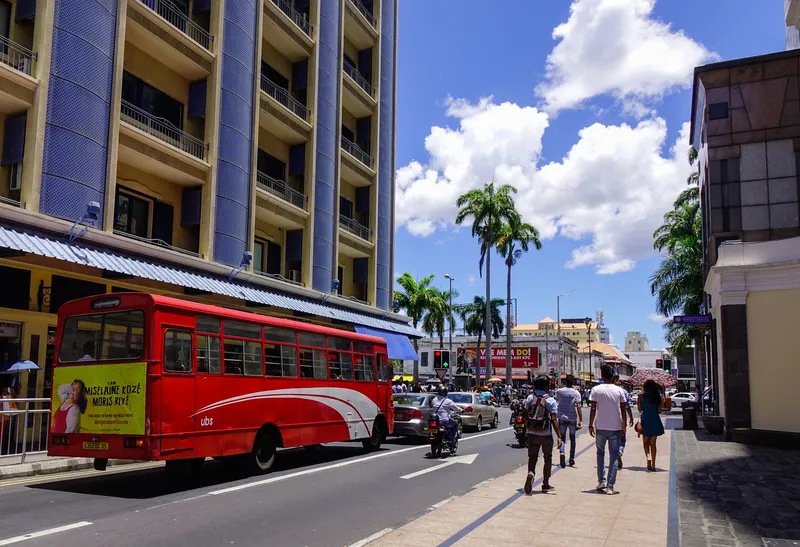Volvo Bus Latin America and Ericsson have signed a partnership agreement to tailor Volvo's ITS4Mobility intelligent transport system to address the needs of the Latin American market.
The traffic management and passenger information system is a tool that helps fleet operators to deploy existing resources in a manner that makes urban transportation systems more efficient.
Bus operators will be able to track their fleet in real time, gaining access to information about travel time, punctuality and num
May 22, 2015
Read time: 2 mins
The traffic management and passenger information system is a tool that helps fleet operators to deploy existing resources in a manner that makes urban transportation systems more efficient.
Bus operators will be able to track their fleet in real time, gaining access to information about travel time, punctuality and number of buses on each route. This information will enable the bus operators to distribute their vehicles in an optimal manner to address changing passenger flows.
Passengers will also have access to real-time information about bus arrival times. This information will be available via the internet, smartphone applications, text messaging or call centres. Information of this nature will allow passengers to better plan their trips so as to avoid delays and long waiting times.
Ericsson will be responsible for development, implementation, support and maintenance of the traffic management and passenger information system, which will be offered commercially by both companies in Latin America. The solution will be developed by Ericsson research and development professionals at the Ericsson Innovation Center located in the city of Indaiatuba, Brazil.
Luis Carlos Pimenta, president of Volvo Bus Latin America, says: "Ericsson is contributing its expertise to develop one of our leading-edge technologies and enhance an existing Volvo product. Together, we will improve urban mobility in cities."
Sergio Quiroga, president of Ericsson Latin America, says: "This partnership is evidence of the transformation that is making so many aspects of daily life easier as we move into the Networked Society. Both transport operators and their users will receive benefits from the increased deployment of technology and, together with Volvo Bus Latin America, we are enabling this."








